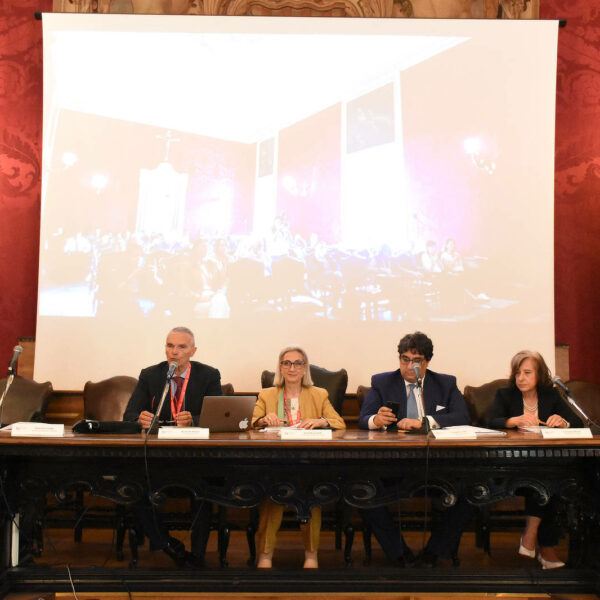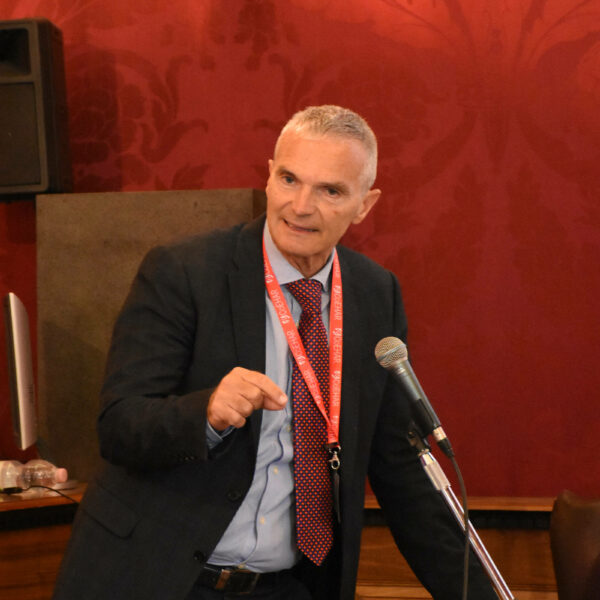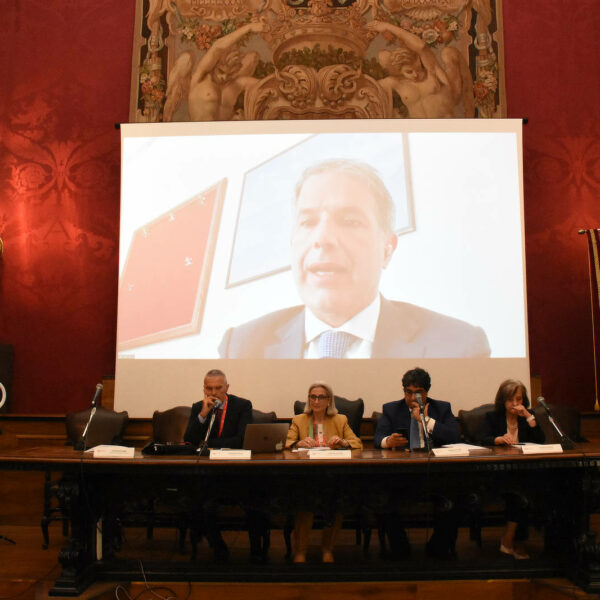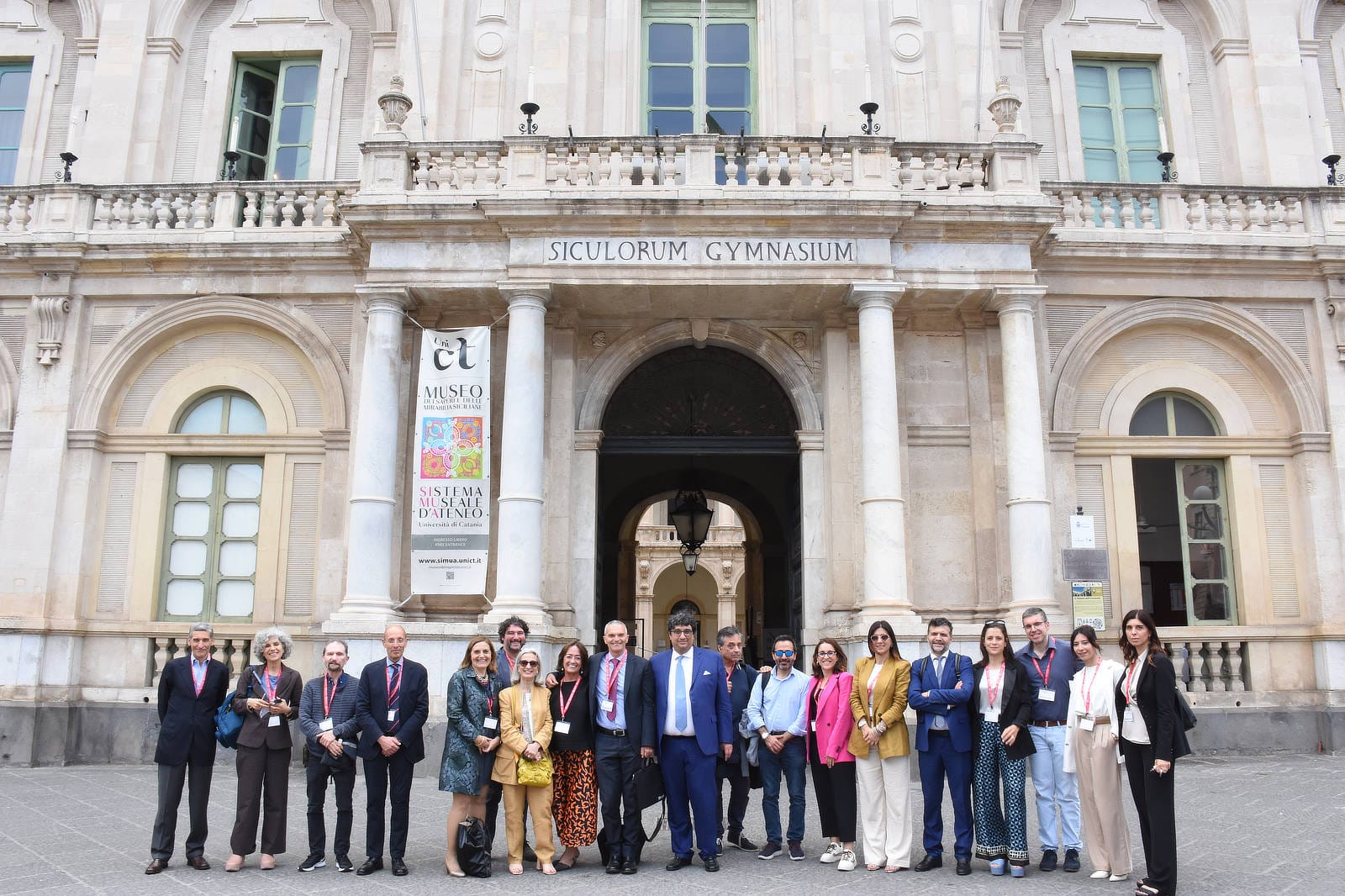Catania, 31 May 2023 – Tobacco smoke in Italy is still the main preventable cause of oncological diseases. The Italian plan to combat smoking is mainly based on the lines of action proposed by the Sirchia law and its subsequent amendments. But much still needs to be done. For many smokers, quitting is really difficult and, in recent years, the transition to combustion-free and reduced-risk tools has triggered a scientific debate involving the academic community from all over the world, but the issue also concerns public policies and the answers that come from science

These issues were discussed this morning by the top experts on harm reduction who met in Catania for the national conference promoted by CoEHAR, the Center of Excellence for the Acceleration of Harm Reduction of the University of Catania, which boasts more than 130 publications signed by more than 100 researchers working in 15 different countries around the world. 30 studies presented by illustrious speakers in front of an audience of 200 people including doctors, students and public health experts.

“It is a fact that in Italy there are millions of smokers who are unwilling or unable to quit smoking – explained prof. Riccardo Polosa, founder of CoEHAR – These smokers do not accept to be medicalized because of their smoking habit and in Italy, even today, we do not have a health policy that takes care of these people. Risk reduction is the solution. In countries with a liberal approach, such as Sweden or England, which have chosen to open up to alternative nicotine release tools by promoting them in the cessation paths for heavy smokers, the prestigious smoke-free goal is being reached. It is time to follow these virtuous examples also in Italy“.
On the subject of international health policy, on the occasion of the imminent COP10, the Conference of the Parties to the WHO Framework Convention on Tobacco Control: “WHO’s idea is simply to equate combustion-free nicotine delivery products to the conventional cigarette, but we are talking about two completely different products especially for the toxicological profile – added Polosa -. COP represents a huge opportunity for public health. We hope that international organizations take into account the role that non- combustible products can play in reducing smoking rates around the world”.
The researchers also wondered whether nicotine alone could be responsible for toxic effects, as explained by prof. Giovanni Li Volti, director of CoEHAR “Although nicotine is not totally risk-free, it is important to underline that it is not responsible for the damage to health deriving from cigarette smoke”.
Numerous representatives from various institutions were also amongst the participants of the conference. The conference was opened by the vice president of the Senate, Senator Mariolina Castellone and the Councilor for Health of the Sicilian Region, Giovanna Volo.
“We must intervene through awareness-raising and training courses especially in schools – said the commissioner Volo – working to reduce smoking rates will allow us to achieve benefits also in terms of costs for the health system“.

Another intervention was that of the member of the social affairs commission of the Parliament, Francesco Ciancitto: “The Sirchia law has marked an important turning point and has achieved epochal results – he explained – but today the structure needs to be updated on the basis of new data. We need to impact primary and secondary prevention. Smoking and possible tobacco control strategies will certainly be topics that will be shortly addressed in the Commission”.
Also Maria Luisa Brandi, President of the FIRMO Foundation; Emmanuele A. Jannini, University of Rome Tor Vergata; Ketty Vaccaro, Head of the CENSIS Foundation health area; Nick Crofts, Center for Law Enforcement and Public Health, Australia; Roberto Sussman, Universidad Nacional Autónoma de México, participated as speakers at the conference; and Carla Bruschelli, professor of Clinical Methodology at the La Sapienza University of Rome was moderator of the conference.




